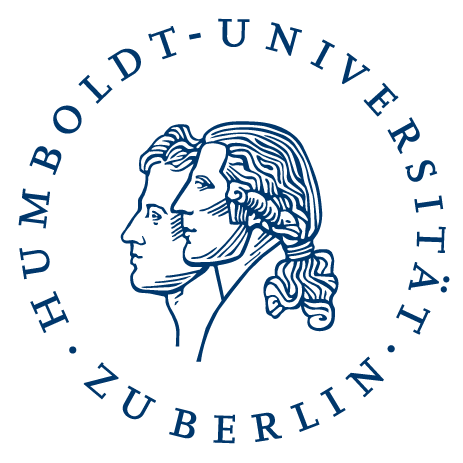RTG 2190
The Literary and Epistemic History of Small Forms
| Spokesperson | Prof. Dr. Ethel Matala de Mazza |
| Coordinator | PD Dr. Steffen Richter |
| Contact Details | +49 30 2093 2813 gkklefor@cms.hu-berlin.de www.kleine-formen.de |
| Address | RTG 2190 “Literatur- und Wissensgeschichte kleiner Formen” |

Research Programme
Small forms are no newcomers among textual types and genres, but in the effort to cope with and exploit advancing media-technological reticulation and mobility they have acquired new prominence – as well as new urgency for research in the philosophy and history of science. The organisation of cultural memory has become increasingly difficult even as attentional resources are dwindling. The impact of this development on the management of observation, the accumulation of ideas, the dissemination of knowledge, and the guidance and control of learning processes cannot be understood without investigating the routines and practices of representation that differentially format the production and mediation of knowledge. The expansion of the realm of attainable knowledge, as well as the concomitant dispersal of attention and the relentless acceleration of the speed at which new discoveries must be recorded, demand new efficiency and creativity in the use of limited time and space. Outlines, abstracts, notes, protocols, previews, essays, articles etc. have thus become indispensable in the practice of research and education as well as in media and the arts. Thus far, however, the genesis and evolution of these forms, which are integral to the larger success story of prose, have received only selective attention.
This graduate program will advance the analysis of small forms by exploring their literary and epistemic history in broad historical scope from antiquity to the present. With its systematic focus on literature, science and popular culture, the programme seeks – firstly – to determine what small forms emerge within each domain with its particular writerly and representational procedures, examining how these forms serve to control, reflect, criticise and (media-specifically) channel processes of communication. Secondly, the program will analyse the development and circulation of small forms through exchange between these fields.
Both in research and supervision, the program is set up for historical and disciplinary breadth and offers an ideal framework for training doctoral students at the highest methodological levels and international standards. Our qualification procedures guarantee the feasibility of the program by combining methods of supervision that have been employed successfully in the PhD-network ‘The knowledge of literature’ – including seminars, colloquia, retreats and a writing workshop – with course offerings relevant to professional careers. The curriculum thus includes a ‘Praxiswerkstatt’ in the second year, which introduces students not only to practice-oriented research but also to the work of newspaper and online journalists, librarians, and archivists professionally concerned with small forms.
Gender Equality in the RTG 2190
In our graduate programme we have more female than male graduate students. We follow a twin-track strategy for gender equality measures. On the one hand all of our graduate students are – as members of the Humboldt Graduate School – authorised and invited to participate in the various offerings of the Humboldt Graduate School on topics such as intercultural skills and conversation training. On the other hand, we have organised different types of trainings and workshops on ‘Female empowerment for graduate students’ (10/2018), ‘Professional interviewing for female graduate students’ (06/2019), ‘Conflict-management in relation to gender and hierarchy’ (12/2019), and ‘Training for public disputations’ (01/2020). All of these trainings and workshops are organised in close consultation with all of our graduate students and professional and experienced external providers.





